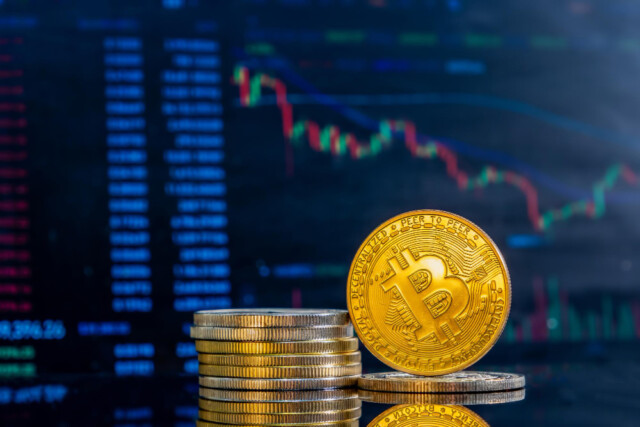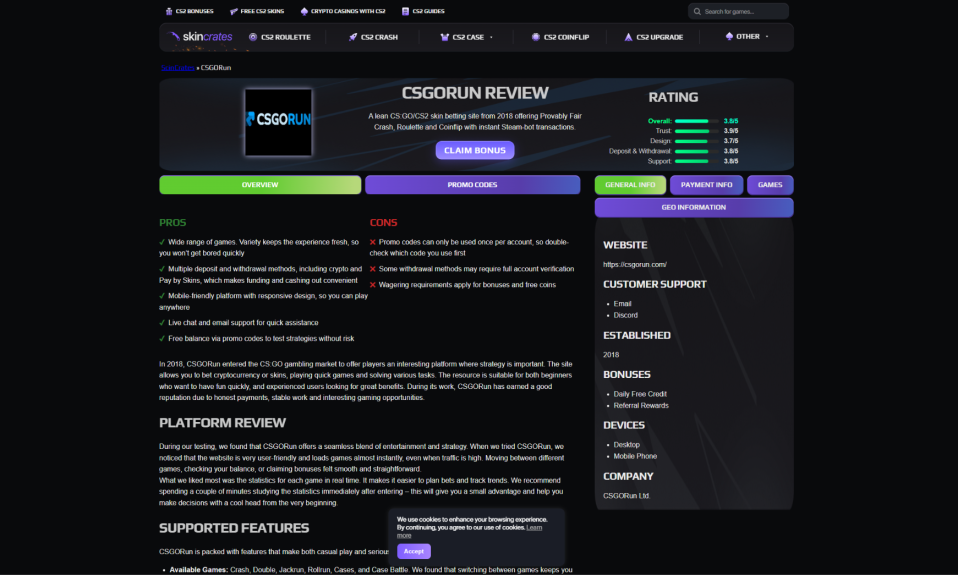Arbitrage, a term used by traders to exploit volatile market values, is widely used in the trading world, although it is largely absent in traditional stock and FX markets.
The article delves into the Kimchi premium, a unique cryptocurrency arbitrage technique exclusive to the South Korean market, highlighting the significant impact of laws and regulations on the digital coins market.
What Is Kimchi Premium
South Korean traders created the Kimchi premium, an arbitrage technique named after a famous Korean dish, to represent arbitrage potential in the cryptocurrency market. In 2015, BTC and other cryptocurrencies were traded at higher prices on South Korean exchanges. This happened due to the strict government monitoring of cash movement in and out of the country’s economy, leading to a large pricing differential.
Bitcoin prices constantly rise in the Korean crypto market, but the Kimchi premium is not exclusive to BTC. Other leading cryptocurrencies, such as ETH, also demonstrate significant demand, showing that Bitcoin does not have a monopoly in this space.
South Korea’s laws and legislation effectively separate the country’s economy from the global economy, with the government strictly monitoring home markets to prevent foreign exchange interference and maintain domestic funds within its borders. Despite similar trade restrictions in other nations, South Korea has the strictest rules.
The Korean government established a standalone internal trade market, offering unique opportunities for significant arbitrage in BTC trading due to its unique supply and demand for tradable assets, unlike other countries that have not integrated into international markets.
Restrictions Regarding Kimchi Premium
Trading crypto in South Korea has become nearly impossible due to several reasons. These include domestic restrictive policies, which require Koreans to follow regulations and have overseas remittance for buying cryptocurrency on foreign exchanges, and the vague legal status of South Korean cryptocurrency. Digital money is subject to the “Foreign Exchange Transactions Act” and “Foreign Trade Act” and “Customs Law,” and must be reported as imports and exports to customs.
Another reason is that anti-money laundering laws in South Korea prevent the exchange and trading of illegally obtained cryptocurrency. Foreign investment policies prohibit non-domestic traders from doing business on South Korean exchanges. South Korea’s foreign investment policies prevent cryptocurrencies from being exchanged on the world market and require them to remain domestic.
Transaction complexity is another factor that discourages investors from engaging in cryptocurrency trading, as they must open a new bank account for foreign exchange. It is generally considered less complex to hold onto crypto coins until the domestic price increases rather than going through a lengthy transaction process.
What Is Crypto Arbitrage
Using the method of crypto arbitrage, traders identify price differences across exchange marketplaces and make money by purchasing cheap and selling high. For instance, if trader X finds that the price of BTC is different in two markets, they have to purchase it in one and sell it in the other. If all goes well, they will make money and incur no losses.
Arbitrage has become illegal and nearly impossible in most trading markets due to numerous restrictions, as most industries, including stocks, fiat, and commodities, have achieved complete stabilization across different exchanges.
Due to its young age and lack of standardized practices, the crypto market is highly susceptible to arbitrage, with Kimchi Premium being a prime example of feasible crypto arbitrage in the market.
The Korean government restricts international money transfers, making Kimchi Premium arbitrage difficult. Blockchain’s anonymity and decentralization offer a solution, making detecting or controlling capital flows difficult. Despite government efforts, Korea’s cryptocurrency market remains accessible to foreign traders, making it one of the few arbitrage opportunities, though at a cost.
How Is Kimchi Premium Arbitrage Still Possible?
Kimchi arbitrage, a method of trading Kimchi premiums, is still in effect but is complex and unsuitable for everyone. The main challenge lies in navigating the native Korean market and identifying trustworthy channels for transactions. Proper connections with the Korean crypto industry are crucial for successful kimchi arbitrage, even though it is documented in the digital world.
Despite its reputation, Kimchi Premium is not always profitable due to negative price differences. It has experienced significant price drops, even below global prices, in recent years. However, political tensions in the region continue to drive users to rely on crypto, making Kimchi Premium one of the last remaining hubs of crypto arbitrage.
How To Profit From the Kimchi Arbitrage Process?
The complex opportunity in Korea involves a complex technical and logistical process, with access to the market being challenging due to intense money laundering and illegal transaction laws and strict regulations imposed to protect against such activities.
The main challenge in Kimchi trading is finding reliable connection channels and avoiding manual transactions due to fluctuating premiums. Automated trading bots and analytics tools can help identify transaction windows without major losses and facilitate precise arbitrage, which requires high-volume trading and can be risky if handled manually.
Initially linked to Bitcoins, the Kimchi premium is now used for other cryptocurrencies and has expanded beyond South Korea. Countries with strict capital control regulations can also post a premium on Bitcoin prices compared to other global markets.
The Kimchi premium arbitrage is a method used to predict Bitcoin and other cryptocurrency prices, with high premiums indicating bull runs and low ones indicating market collapses. This method also uses the difference between trading prices to book profits.
Bitcoin prices can be checked on South Korean and foreign exchanges, allowing traders to buy and sell at lower and higher prices. However, new laws and regulations make trading such trades difficult. Traders can access Kimchi premium trackers on various platforms but must consider BTC as a commodity in South Korea, where local traders pay customs charges for international purchases.
Conclusion
The Kimchi premium crypto is exclusively functioning in South Korea due to restrictions on large-scale cash flows, impacting large-scale buying and supply-demand equations. The new-age crypto economy in South Korea has led to buyers exceeding sellers, causing a short-lived bubble.
Crypto arbitrage is becoming extinct as major exchanges and government agencies work to eliminate pricing differences. With its unique political and economic conditions, South Korea offers Kimchi premiums that are challenging but still lucrative for traders. It’s uncertain if the rest of the arbitrage market will be affected or if it disappears entirely.





